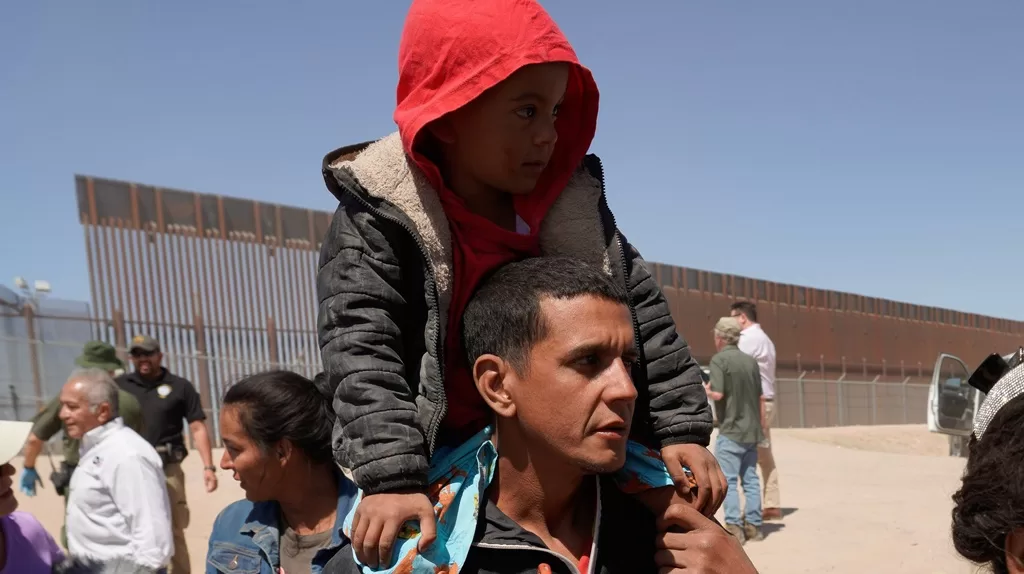Quick Bytes
- Texas’ SB 4 law allows police to arrest individuals suspected of unauthorized U.S. entry.
- Legal challenges claim SB 4 violates the U.S. Constitution’s Supremacy Clause.
- The DOJ has filed a lawsuit against Texas, asserting SB 4 undermines federal immigration law.
- Recent drownings at the Texas-Mexico border highlight the dangers of the current immigration system.
Summary of Texas’ Immigration Law Controversy
The state of Texas is facing significant scrutiny and legal challenges over its recent immigration enforcement law, Senate Bill 4 (SB 4). This law, signed by Governor Abbott, empowers state police to detain and arrest individuals they suspect of entering the U.S. without authorization. The bill has sparked a heated debate, with some Texas lawmakers, including Republican Senator Birdwell, expressing concerns over its constitutionality.
SB 4 has been met with opposition from over a hundred organizations and former immigration judges, who argue that it presents legal and humanitarian issues. The federal government and immigration advocates have responded with lawsuits, asserting that the bill violates the Supremacy Clause of the U.S. Constitution, which mandates that federal law supersedes state law.
The Department of Justice (DOJ) has warned Texas that SB 4 could lead to a lawsuit, which it filed after Governor Abbott refused to cease enforcement of the law. The DOJ’s lawsuit lists several ways SB 4 could disrupt federal immigration operations, including deporting noncitizens before federal processing and interfering with diplomatic relations with Mexico.
As the legal battle unfolds, the implications of SB 4 could extend beyond Texas, potentially prompting other states to establish their own immigration enforcement systems. This could further complicate the U.S. immigration system and result in widespread arrests and deportations without federal protections.
The recent tragic drowning of a woman and two children in the Rio Grande while attempting to cross into Texas underscores the urgent need for a functional and humane immigration system.



